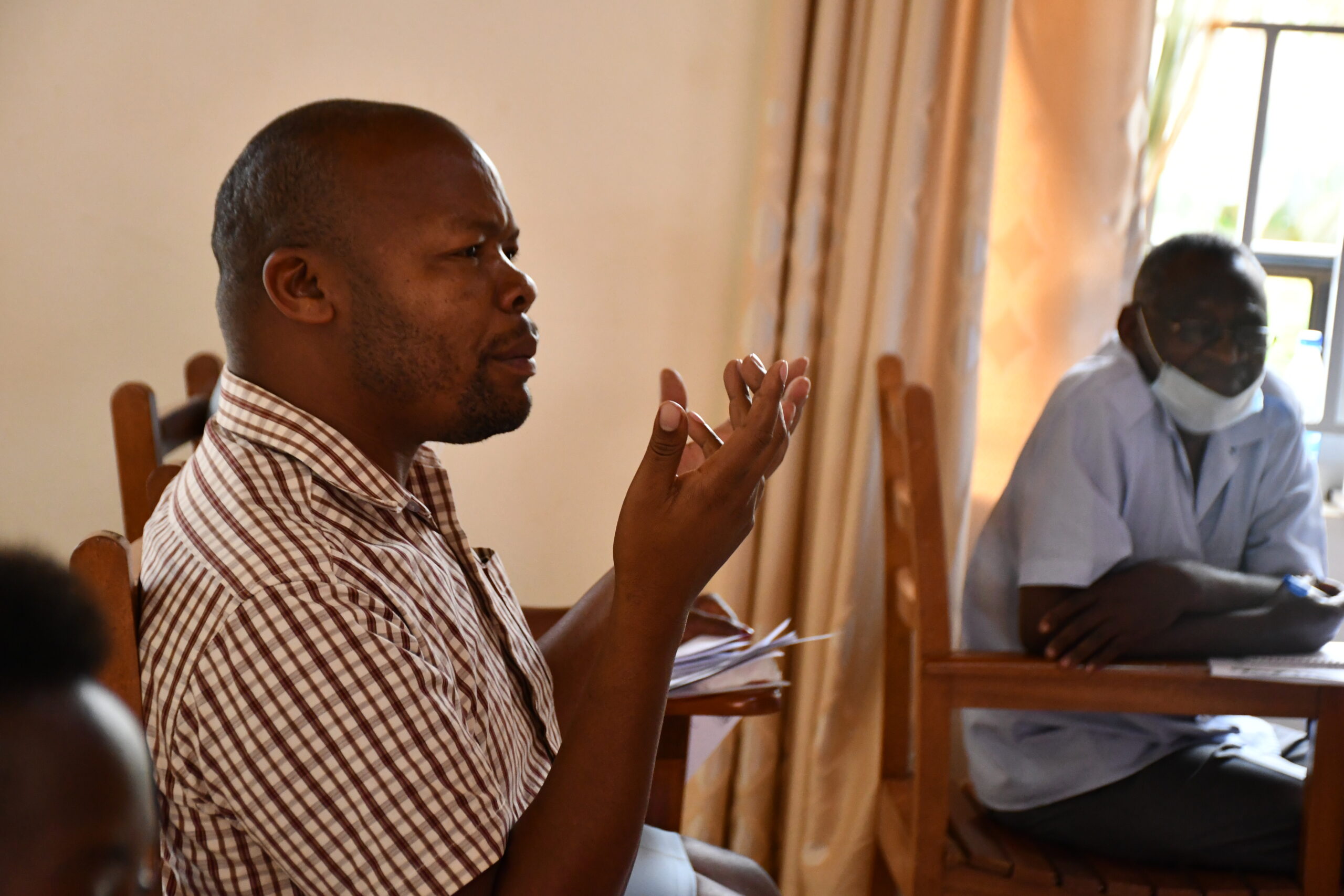LIRA – Bee farmers in the Lango sub region have urged the government to recruit more Entomology officers to train farmers on beekeeping as a business for income generation.
Professional entomologists contribute to the betterment of humankind by detecting the role of insects in the spread of disease and discovering ways of protecting food and fiber crops, and livestock from being damaged. They also study the way beneficial insects contribute to the well-being of humans, animals, and plants.
Farmers say beekeeping is the cheapest enterprise to venture into because it only requires land and a few beehives.
“It doesn’t require a lot of capital to start but you dedicate part of your land and start making beehives locally,” said Immaculate Akullo.
Akullo has 300 hives in Amolatar including Archways agro shop dealing in honey products in Lira City.
Farmers especially in northern Uganda don’t take beekeeping as a business this is due to lack of sensitization and Entomology Officers to guide and help farmers do away witrh the negative attitude towards the enterprise, according to Akullo.
“Our people should be sensitized to treat beekeeping as a person rearing animals, practicing crop production and selling kitchenware, “she added.
William Ocen, another Apiary farmer and honey processor said, the population are struggling to fight poverty because of producing seasonal crops such as maize, sim-sim, soybean and millet.
The two [Ocen and Akullo] also process honey products such as honey wine, bee wax, body lotion, quality honey, bee venom, propolis and body cream among others.
“It is time for our people to get a lot of information about beekeeping and its products and the only professional personnel to do that is the Entomology Officers,” Ocen added.
Both Akullo and Ocen have about 2,000 out-growers that they voluntarily trained on the basic requirements to venture into beekeeping and its sustainability.
“We have few farmers giving us first and second-class honey. These are farmers who underwent training on harvesting, post-harvest handling including marketing,” Akullo said.
As a result of lack of training, they reject honey with purity, brood and the one harvested using traditional methods.
“When they are brought, we don’t just buy but we check at the quality and reject honey with impurities, broods and the one harvested using traditional ways,” he added.
In Uganda, it is estimated that about 1.5 million households derive their income from beekeeping from which they harvest various hive products such as honey, propolis and beeswax.
The honey value chain is steadily growing with an estimated annual production of 680 metric tonnes per annum according to the Food and Agriculture Organisation.
But Robert Okodia, a board member of The Uganda National Apiculture Development Organisation [TUNADO], the number would have surpassed the figure if extension workers were recruited in every sub-county.
TUNADO is a membership body that unites producers [beekeepers], processors, packers and service providers.
https://thecooperator.news/kakumiro-bee-farmers-resolve-to-form-sacco/
Buy your copy of thecooperator magazine from one of our country-wide vending points or an e-copy on emag.thecooperator.news
